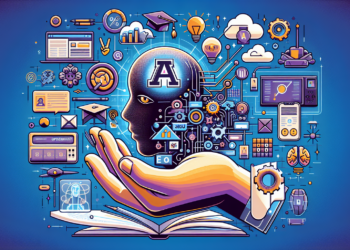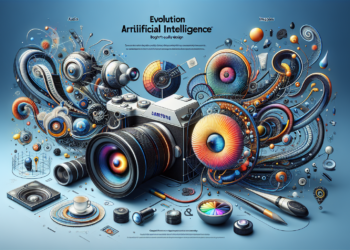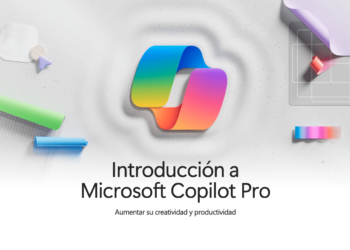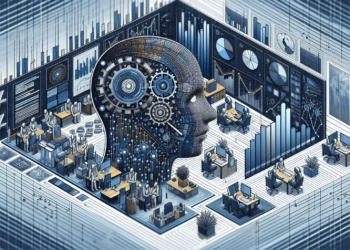In a significant milestone for modern medicine, researchers from the Massachusetts Institute of Technology (MIT) have applied artificial intelligence (AI) to identify a new class of antibiotics capable of fighting one of the most dreaded superbugs: methicillin-resistant Staphylococcus aureus (MRSA).
The Challenge of Superbugs
In recent decades, the rise of drug-resistant bacteria has posed an increasing threat to global public health. MRSA, in particular, is notorious for its resistance to multiple antibiotics and its capacity to cause severe and often fatal infections. The quest for new antibiotics has become a race against time, constrained by the slow and costly nature of traditional pharmaceutical research methods.
The AI Solution
The application of AI in this field has paved a new way forward. Utilizing advanced algorithms and extensive databases of chemical compounds, MIT researchers have managed to significantly accelerate the process of identifying potential antibiotic candidates. This approach not only reduces the time and resources required for research but also uncovers compounds that might have been overlooked using conventional methods.
Promising Results
The compounds identified by AI have shown remarkable effectiveness against MRSA in laboratory tests. This represents an exciting breakthrough, as it opens the door to new classes of antibiotics that could be developed and brought to market much faster than ever before.
Implications and Future
This development is not only a victory in the fight against MRSA but also sets a precedent for the use of AI in pharmaceutical research. With the ability to rapidly analyze vast datasets and predict the efficacy of different compounds, AI could revolutionize the way in which drugs are discovered and developed. Moreover, this approach could be applied to a wide range of diseases, potentially speeding up the discovery of treatments for various challenging medical conditions.
The integration of AI into biomedical research not only offers new hope in the battle against superbugs but also heralds the beginning of a new era in medical science. As we continue to make progress, it is likely that we will see more AI-driven innovations, transforming the landscape of health care and offering solutions to some of the most pressing health challenges of our time.






















